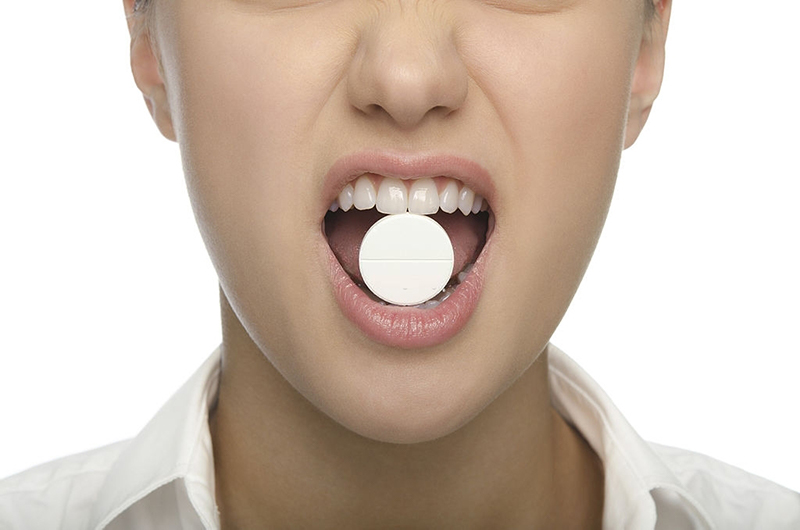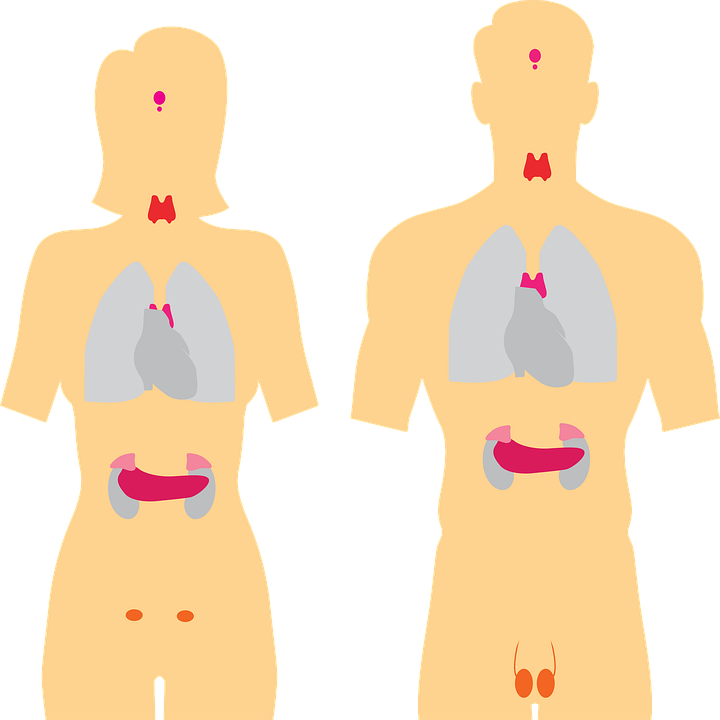The addition of lactic acid bacteria, including various lactobacilli and bifidobacteria, and streptococci (such as Streptococcus thermophilus) to fermented foods such as yogurt, has a long history of food safety. Most of these strains used in food are non-pathogenic, non-toxic, non-toxin-producing microorganisms. probioticseverything.com
5 best probiotics for ibs
5 best probiotics for ibs
Over nearly 40 years of research, data on Lactobacillus strains have been collected from more than 140 adult clinical studies involving nearly 8,000 subjects, demonstrating that these strains are well tolerated. There have been more than 70 clinical studies of more than 4,000 children and infants (including term and preterm infants) consuming formula or food supplemented with probiotics, and no adverse effects associated with probiotics have been found. Studies have shown that in healthy infants of any age, oral supplementation with Lactobacillus or Bifidobacterium has no adverse effects (including no growth problems, no infection). There are also studies showing that target groups gain weight and grow in line with age characteristics, proving the safety of probiotics in infants. There are no studies showing that probiotics in healthy infants have any negative effect on weight gain or growth. Infant formula containing bifidobacteria has been used in millions of infants for over 15 years with no reported adverse effects. probioticseverything.com
5 best probiotics for ibs
5 best probiotics for ibs
Bacteremia or infection caused by ingestion of some strains of Lactobacillus in immunocompromised or chronically ill infants is very rare with only known case reports. The joint FAO/WHO report on the evaluation of probiotics in food states: “There are few reports demonstrating an association between systemic infections and probiotic intake, and all have occurred in drug-treated patients”. On the other hand, no infections have been reported with the application of Bifidobacterium to food or as a probiotic. Bifidobacterium strains are the predominant probiotics used in infants because Bifidobacterium predominates in the gut of breastfed infants. The bacteria used are not pathogenic and are the safest strains of bifidobacteria. probioticseverything.com
5 best probiotics for ibs
5 best probiotics for ibs
There are still limited clinical research data on the use of probiotics in post-mortem populations such as immunocompromised patients and critically ill patients. There have been multiple reports of Lactobacillus bacteremia in immunocompromised patients or patients with indwelling central venous catheters as described above. There are ongoing clinical studies in high-risk infant and child groups, including infants born to HIV-positive mothers and children with acute and chronic diarrhea. Probiotics may benefit preterm infants who are at high risk for abnormal gut microbiota and rabbit disease blindness. In these studies with specific lactobacilli and bifidobacteria, no adverse effects were reported, but probiotics were shown to reduce necrotizing enterocolitis. probioticseverything.com
5 best probiotics for ibs
5 best probiotics for ibs







